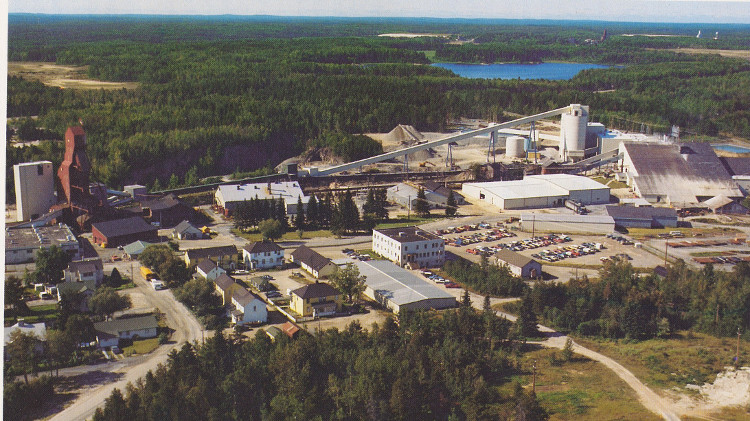Change management has been a buzzword used by consultants and human capital professionals for decades. Quotes regarding change by famous people are plentiful, with each professing that embracing change is the secret to growth, progress and transformation. I summarize the concept into one phrase: change is here.
The human response to change varies. Some employees crave change in their roles and are willing to embrace fast-paced environments; yet more likely, many employees are rightfully hesitant and skeptical to modify processes and procedures that have been proven to be effective.
Today change is happening at a record-breaking pace. The news cycles are full of war, political posturing, unprecedented environmental events, and immigration and emigration levels that are out of sync with the growth of housing, infrastructure and related services. Change is everywhere and while those quotes I mentioned earlier seem to indicate that we should adjust our attitudes to see change as “good,” there are very real psychological and practical implications of the changes we are experiencing today.
As we move into a new era focused on the reduction of carbon emissions, our industry will need to produce resources at unfathomable levels. The supply/demand forecasts of the critical minerals required to support electric vehicle production, and the generation and transmission of cleaner energy to reach net-zero emissions targets, are at best just “wishes” right now, given the challenges and timelines surrounding the discovery and development of resources.
Change in our industry has arrived on our doorstep—it is here. The question is: will we be successful in identifying where we are able to practically change our strategies to adhere to evolving governmental regulations and do so profitably for our shareholders, collaboratively with our stakeholders and transparently for our employees?
Successful organizations will be those that, firstly, recognize change has arrived and, secondly, will incorporate change management into the strategic plan of the organization. Change management requires a nimbleness and responsiveness that is typically not compatible with a capital-intensive industry. Many companies are currently holding these discussions at the leadership table.
It is how we, as leaders, identify trends and communicate and implement change that will set organizations apart, with those leaders who are willing to do so emerging as the victors in the change race.
As organizations seek to support our talent during this tumultuous time, I highlight a favourite famous quote: “knowledge is power.” Engaging in clear and transparent dialogue with our teams early and often will provide organizations with the feedback loop that is essential to success. The boardroom is not where strategy is effected; strategy is executed by our talented employees who drive culture and teamwork daily. Listen to your employees regarding what is working and, more importantly, what is not working…and change.




